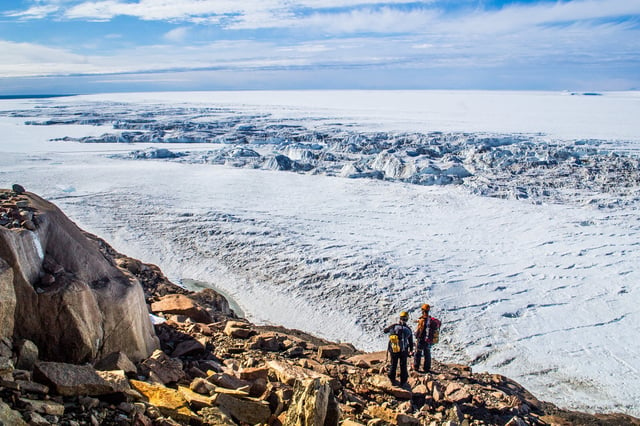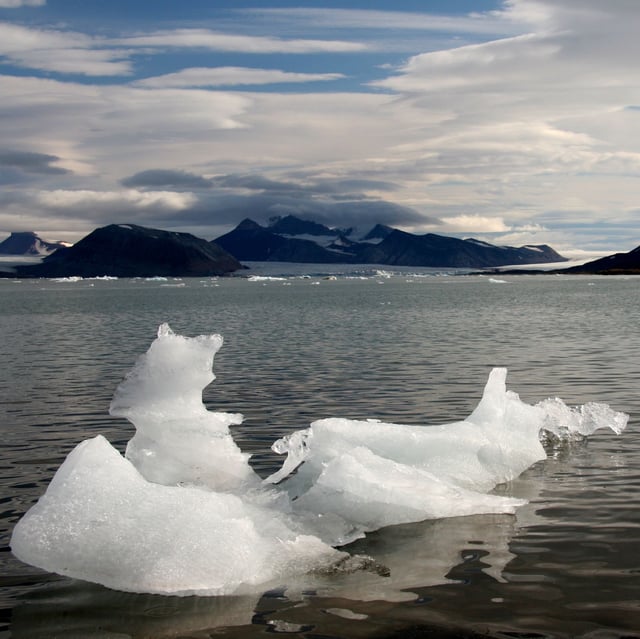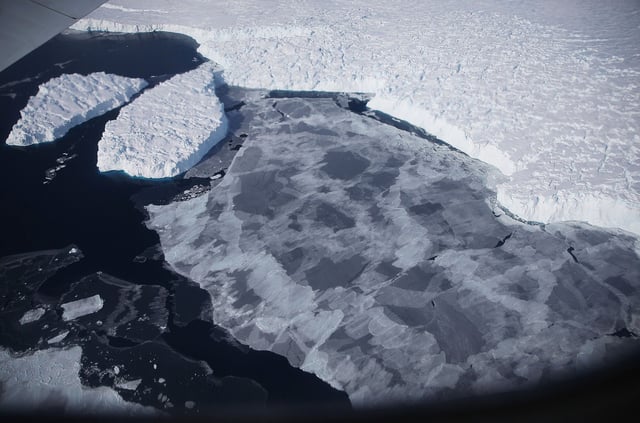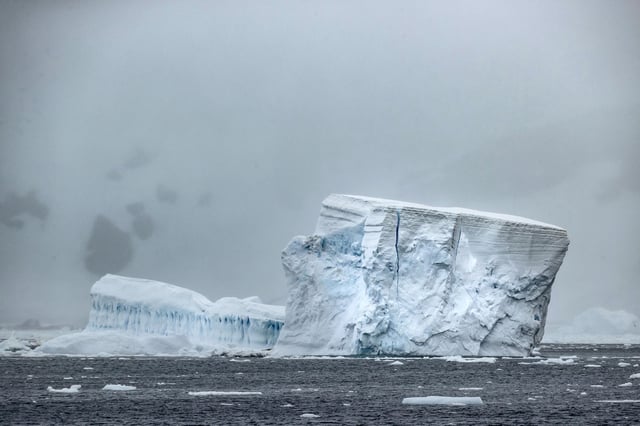Overview
- A study published in *Nature Climate Change* confirms that exceeding 1.5°C of global warming, even temporarily, commits the planet to irreversible glacier loss and centuries of sea-level rise.
- Critical tipping points for the Greenland and West Antarctic ice sheets are now estimated near 1.5°C, significantly lower than previous estimates of 3°C.
- Sea levels are projected to rise by 1 cm per year by 2100, even if warming is limited to 1.5°C, outpacing the ability of coastal defenses to adapt.
- Scientists emphasize that slowing sea-level rise to manageable levels requires reducing global temperatures closer to 1.0°C, a more ambitious target than the Paris Agreement's 1.5°C goal.
- Current warming of 1.2°C has already quadrupled ice mass loss from Greenland and West Antarctica since the 1990s, making them the primary contributors to rising seas.



